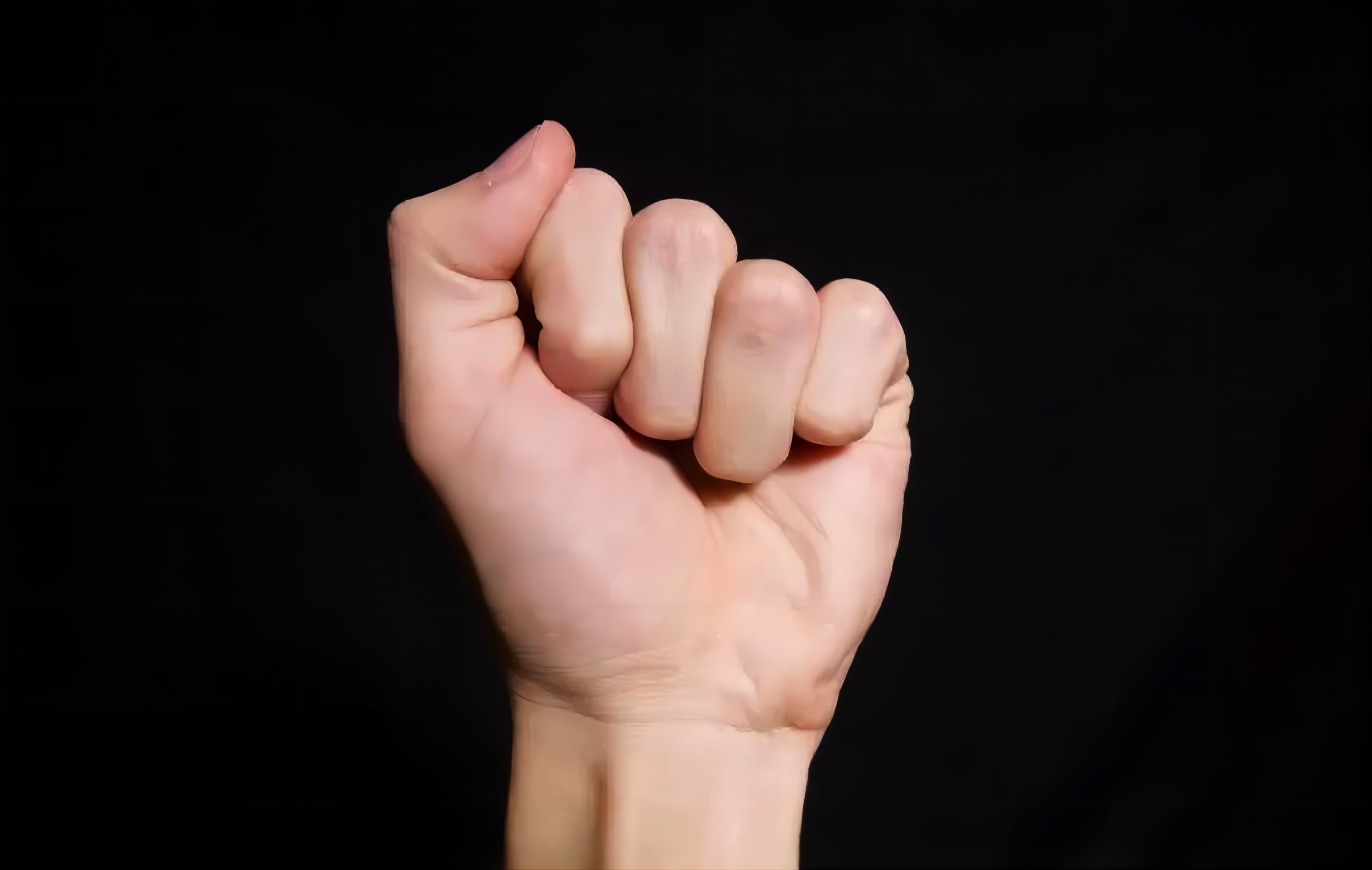The True Sport Experience: Bringing physical and ethical literacy to life in and out of the classroom

Physical and health education teachers and coaches are experts at helping kids learn new skills. By patiently walking students through each learning step, they build the blocks of learners’ physical literacy. However, sport and recreation experiences aren’t built on physical skills alone. Instead, the experiences are wrapped in life lessons, personal growth and a few hard knocks. At the Canadian Centre for Ethics in SportOpens in a new window (CCES), we designed a new True SportOpens in a new window resource with those teachable moments in mind. This resource provides educators with a series of activities that focus on developing physical and ethical literacy, side by side.
Called The True Sport Experience – Volume 1: FUNdamentalsOpens in a new window, the new resource is endorsed by Physical and Health Education (PHE) Canada for educators, coaches and recreational leaders of children, aged 6 to 9. It presents a series of energetic and fun activities, featuring at least 1 of the 7 True Sport PrinciplesOpens in a new window, for use in classrooms and on playgrounds or community sports fields. Using this resource, teachers can help their students discover the values at the heart of sport.
The 7 True Sport Principles are: Go for it, Play fair, Keep it fun, Stay healthy, Respect others, Include everyone, and Give back. The principles promote the kind of sport experiences that most Canadians already believe in and practise. That is, sport that’s fair, promotes excellence, fosters inclusion and is fun.
Why ethical literacy?
In short, The True Sport Experience is a blueprint intended to create positive sport and recreation experiences. It marries physical literacy activities with ethical literacy learning objectives.
Many of us are familiar with physical literacyOpens in a new window, described as “the motivation, confidence, physical competence, knowledge, and understanding to value and take responsibility for engagement in physical activities for life” (International Physical Literacy Association, 2020). But, ethical literacy may be a new concept. At the CCES, we define ethical literacy as “the ability to collect and evaluate information, reflect on one’s own moral values, identify the potential outcomes of various options and their impacts, make reasoned decisions about which options align with one’s values, act consistently with one’s values, explain one’s decisions, and take responsibility for one’s actions.”
That sounds like a concept for adults, but the activities in The True Sport Experience are developmentally appropriate for kids in the FUNdamentals stage of Sport for Life’s Long-term development (LTD) in sport and physical activityOpens in a new window. Kids will explore, apply and evaluate how their personal values influence their ethical decision-making, in real time, through structured and unstructured play environments.
For example, the Heart Healthy Bingo activity mixes tasks like doing 20 jumping jacks and telling a peer the reason it’s important to drink enough water. Such tasks should get kids talking about how to stay healthy in both mind and body. In the “Include Everyone” chapter, the Musical Hoops activity reinforces the idea that inclusive games can increase health and enjoyment for all. In that activity, you remove hoops from the game, but the players stay. No one is left out of the game and instead the players team up inside the remaining hoops!
A Minds On pre-game discussion helps educators set the stage for each activity. Minds On also includes a set of post-game questions to guide educators through ways to draw out learnings from the participants.
What’s more, when physical literacy and ethical literacy are developed at the same time, kids gain additional life skills. For example, they strengthen their executive functionsOpens in a new window, a family of mental processes. Executive functions enable us to plan, focus attention, remember instructions or rules, see things from a different perspective, respond to novel or unpredictable circumstances, and juggle multiple tasks successfully (Diamond, 2013).
In addition to the resource’s activities, there’s a summary of physical literacy, ethical literacy and LTD in sport and physical activity. Specific connections are made to each within the activities, which align with current Canadian physical and health education curriculums. Every activity includes discussion prompts, assessment tools and special considerations, where applicable.
Gaining the industry’s quality stamp of approval
PHE CanadaOpens in a new window’s endorsement of The True Sport Experience is an instantly recognizable stamp within the physical and health education sector, certifying and communicating quality. PHE Canada’s endorsement process involved consultation with an advisory team of experienced educators and sector experts from across Canada. That team recognized the resource for its support of quality physical and health education programming and the promotion of healthy learning environments for students.
Conclusion
“I truly believe everyone deserves and should expect a positive sporting experience,” says Grant McManes, a retired educator, True Sport Champion, and a PHE Canada board representative for Manitoba-Nunavut. “Through this resource, educators, coaches and others may set the stage for introducing the True Sport Principles in a fun and interactive way to children as they’re beginning to explore sport. This will allow them to both understand the principles and embody them throughout their daily and sporting experiences.”
Educators play an important role in the development of physical and ethical literacy of Canadian children. Physical literacy is a cornerstone of physical education and sport development, but ethical literacy is often an afterthought. Lessons in The True Sport Experience bring ethical literacy development to an equal footing with physical skill development.
By using The True Sport Experience in the classroom, community and beyond, educators can unlock the potential for a lifetime of positive sport and recreation experiences. Their students will be more likely to value physical activity and to seek out and nurture similar experiences throughout their lives. In turn, they could help form a generation of Canadians who recognize that good sport can make a significant difference.



